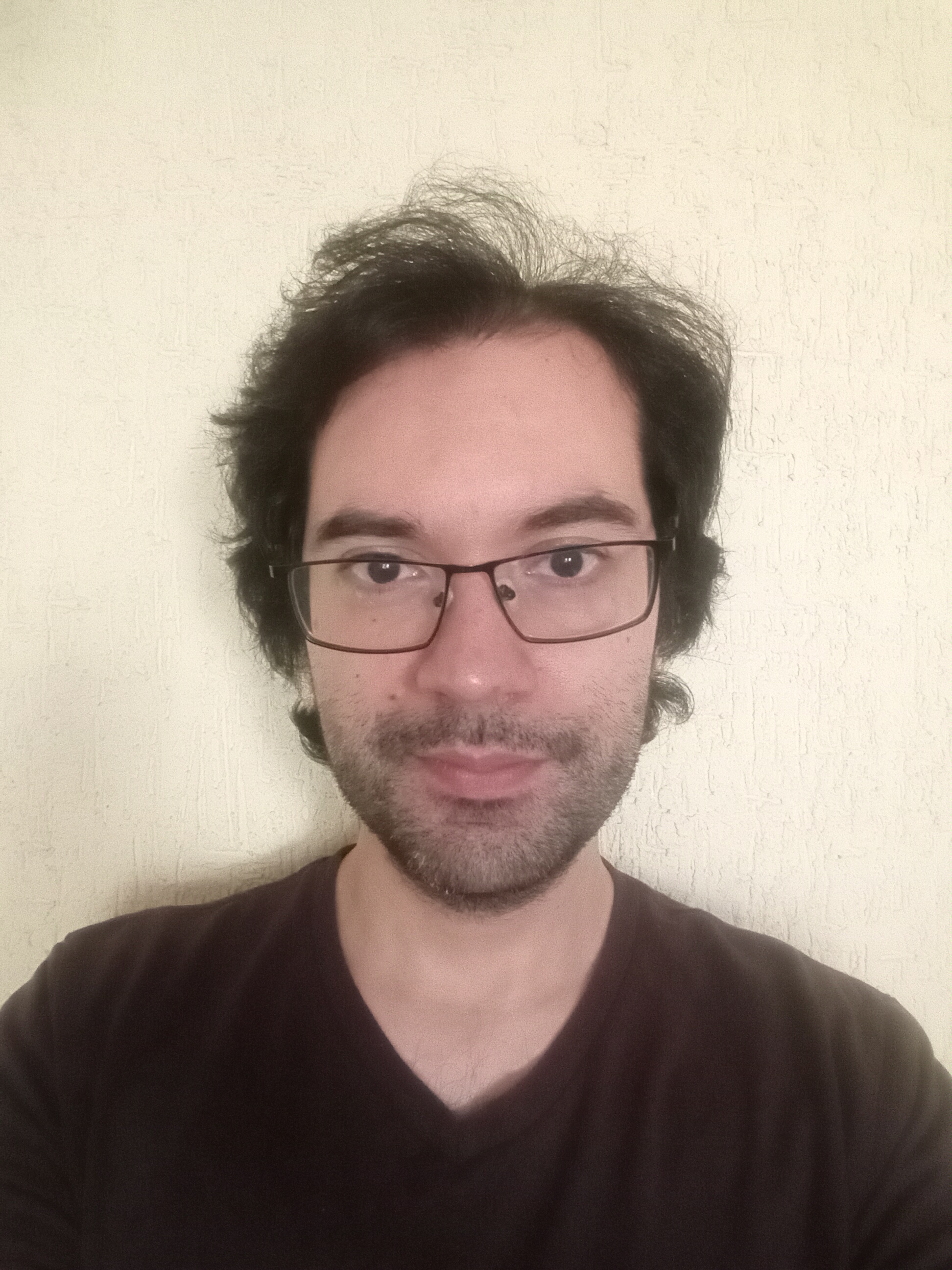
We welcome Postdoctoral Fellow Angelo Neira to the Zukunftskolleg
Angelo Neira is one of our new Postdoctoral Fellows from the 18th call for applications for 2-year Fellowships. He has started his fellowship in May and is affiliated with the Department of Computer and Information Science.
Angelo Neira completed his PhD in Chemistry at the University of Chile between 2017 and 2022. He also completed his bachelor’s in Environmental Chemistry and his master’s degree in Chemistry at the same university. He was a ZUKOnnect Fellow in 2022 (during his PhD), which was in his own words “the most postdoctoral-like experience I have had”.
He is interested in the Human-soil interaction: “Mainly the ways we represent soils - generally as resources, but sometimes as something else: our territory, our history, our identity - and the impacts of these representations in our world, e.g., sustainability, soil protection and social/personal beliefs)”, says Angelo.
“My current research is focused on soil pollution and socio-environmental decisions in contexts of environmental concern, such as agriculture. From a physicochemical perspective, soil pollution is addressed through sorption coefficients (i.e., the retention of pollutants on the soil surface), applying several approaches, assumptions, and experimental designs.” In this sense, his project, entitled “Understanding the Environmental Fate of Organic Pollutants on Soils: Correlational and Causal Evidence on Sorption Coefficients”, encompasses two big questions: (1) How scientists represent the sorption process? And (2) how to use this diverse (sometimes incompatible) information to make reliable evidence-based decisions in local and global contexts of environmental concern?
“The first question will be addressed through a systematic review (initial pool of ~9,000 scientific articles), identifying and classifying different ways to produce sorption data, to then extract quantitative information and contrast correlational evidence and interpretations to determine potential causal associations within/among studies and approaches, i.e., how the representational value of data is linked to knowledge in different lines of evidence”, he explains. The second question will consider the connection between scientific and regulatory concepts and needs, and explore simplification tools for the reliable and efficient use of data in decision-making processes.
We wish him all the best for his project and for his time at the Zukunftskolleg!
